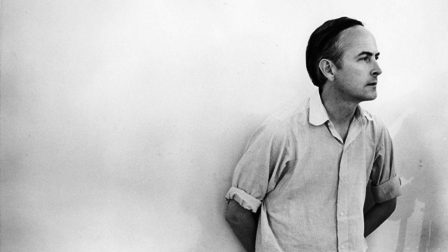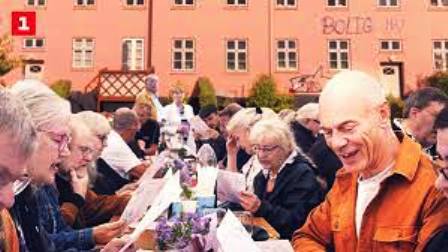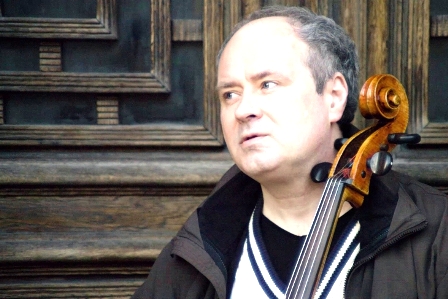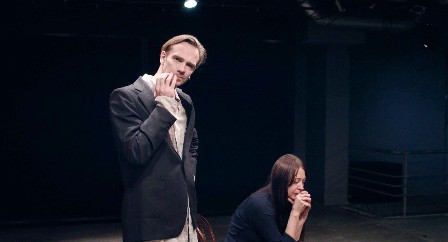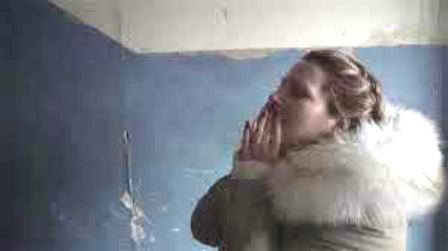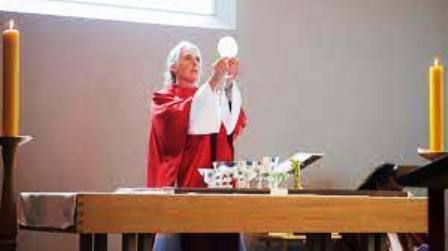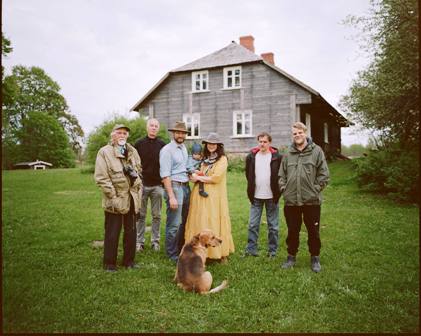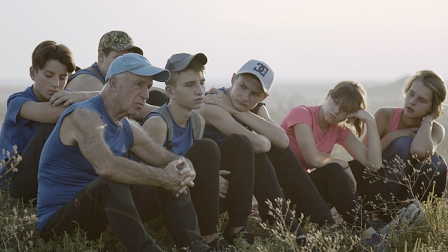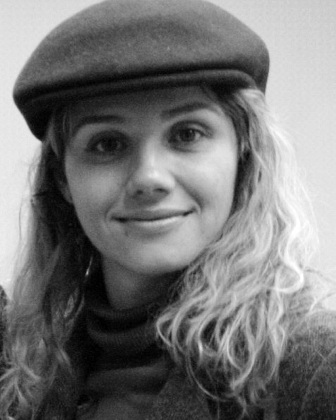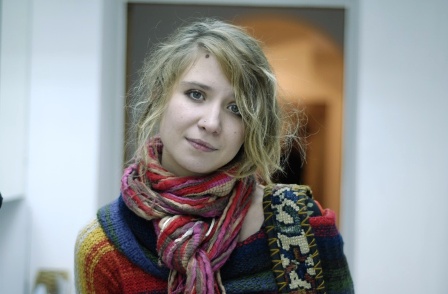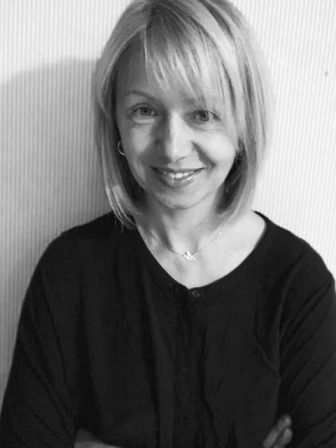


Langballe & Konopka: Theatre of Violence
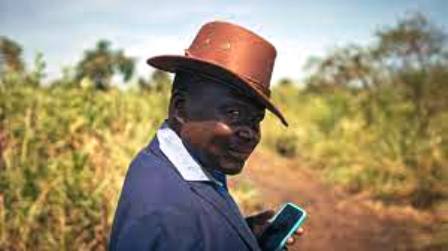
Denne tekst er taget fra Line Bilenbergs pressemeddelelse sendt ud som foromtale til én af de stærke film i CPH:DOX hovedkonkurrence. Anmeldelse af filmen følger op til premieren:
Emil Langballe (tidl. Q’s Barbershop m.fl) og polske Lukasz Konopa har helt ekstraordinært fået lov til at følge forsvarsadvokat, den karismatiske Krispus Ayena og hans hold, samt anklagerteamet i den kontroversielle sag om den tidligere børnesoldat, Dominic Ongwen, der i december 2022 blev dømt for 61 ud af 70 anklagepunkter ved den internationale strafferet i Haag…
Dominic Ongwen blev kidnappet som 9-årig af LRA, The Lord’s Resistance Army (Herrens Modstandshær), der i årtier har hærget i det nordlige Uganda. Her blev han tvunget til at være børnesoldat og lærte hurtigt, at det handlede om at dræbe for at undgå selv at blive dræbt. Som årene gik steg han i graderne indtil han blev brigade-kommandant under den omstridte leder, Joseph Kony. Ongwen er den eneste LRA officer, som er stillet for retten i Haag, mens Joseph Kony stadig er på fri fod.
Instruktørerne siger: ”I ‘Theatre of Violence’ undersøger vi, hvordan man som samfund bearbejder et kollektivt traume. Vores medvirkende har alle oplevet krigens grusomheder på nært hold. Nogle som gerningsmænd, andre som ofre, men ofte begge dele. Under arbejdet med filmen oplevede vi nemlig, hvordan grænsen mellem disse to kategorier kan blive udvisket og utydelige under en borgerkrig – ofre og gerningsmænd bytter ofte roller. Ongwens forsvarsadvokat, Krispus Ayena, er filmens hovedperson, men vores film skal ikke ses som et forsøg på at retfærdiggøre hans klient. Vi bruger derimod retssagen som ramme til at beskrive den udvikling Ongwen måtte gennemleve, fra da han som 9-årig blev kidnappet og til han endte som en frygtet kommandant i den selvsamme oprørsgruppe, der kidnappede ham og dræbte hans forældre.”
I filmen forsøger Krispus Ayena at finde svar på, hvor grænsen går i mellem offer og bøddel. Filmen rejser desuden en række universelle spørgsmål: Hvad er kilden til ondskab? Er vi født med et iboende moralsk kompas? Har vi mennesker en fri vilje – eller er vi blot produkter af vores miljø? Og sidst men ikke mindst, hvordan sikrer vi, at retfærdigheden sker fyldest, både for borgerkrigens ofre, men også for den tiltalte, som i dette tilfælde selv er et offer? Retssagens udfald truer med at få gamle sår til at springe op hjemme i Uganda. Ongwen og LRA tilhører nemlig Acholi-folket fra det nordlige Uganda – hvor Kony startede sin brutale hær som modsvar til den siddende præsident, Musevenis ligeså brutale overgreb på Acholierne.
Trailer: https://vimeo.com/801596061
Børnekonventionen siger, at ingen børn må deltage i krig. Alligevel melder FNs Børnefond om tusindvis af børnesoldater i forskellige militser, væbnede grupper og hære rundt omkring i Verden.
“Udfaldet af retssagen mod Dominic Ongwen kan danne præcedens og have store konsekvenser i de dele af verden, hvor børn og unge udnyttes som soldater i væbnede konflikter, som fx i Nigeria, Syrien – eller i Danmark. Tusindvis af unge mænd og kvinder flygter fra radikaliserede grupper som ISIS og forsøger nu at vende hjem. Skal vi straffe dem, eller i stedet forsøge at reintegrere dem på trods af deres handlinger? Vores hovedperson Krispus Ayena er ikke i tvivl. På trods af de grusomheder hans klient er tiltalt for, er han fast besluttet på at forsvare det gode, der er tilbage i ham og samtidig forsøge at nuancere opfattelsen af konflikten i Uganda i den vestlige verden – en vigtig fortælling, vi synes fortjener at bliver fortalt”, siger de to instruktører Emil Langballe og Lukasz Konopa.
Filmen har premiere i Grand Teatret den 17. marts under CPH:DOX, hvor Krispus Ayena deltager. Filmen kan ses flere gange under festivalen.
